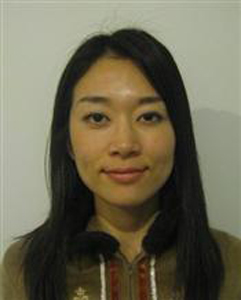Program Information
Dosimetric Impact of Whole Breast Treatment Planning with Tissue Heterogeneity Correction
S Nishioka*, L Kim, S Goyal, A Khan, B Haffty, N Yue, The Cancer Institute of New Jersey, New Brunswick, NJ
SU-E-T-469 Sunday 3:00PM - 6:00PM Room: Exhibit HallPurpose: Dose to normal organs, such as lung and heart, are more and more considered in the design of whole breast radiation treatments. In this study, the dosimetric impacts of heterogeneity correction on doses of such cases are investigated.
Methods: Six clinical whole breast + SCV treatment cases were used in the study. These cases were first planned using static 6 MV photon beams with multileaf collimators and wedges where necessary. The plans were calculated using AAA without heterogeneity correction and the plans met the dose constraints set for the breast and critical organs. The plans were then recalculated with heterogeneity correction using the same MUs. We compared doses for breast, ipsilateral lung and heart.
Results: With tissue heterogeneity correction, the breast mean and maximum doses increased, on average, by 0.8 % from 98.9 % and 0.5 % from 110.2 % of the prescribed doses, respectively. The breast volume receiving 95 % of the prescribed dose (V₉₅%) increased by 1.5 % from 83.6 %. The ipsilateral lung mean and maximum doses increased by 2.3 % from 25.3 % and -0.2 % from 100.6 % of the prescribed dose, respectively. The ipsilateral lung V₄₀% and V₂₀% increased by 1.1 % from 25.1 % and 5.4 % from 29.2 %, respectively. The mean and maximum doses for heart increased by 0.1 % from 6.9 % and 0.8 % from 87.1 % of the prescribed dose, respectively, and the heart V₂₀% increased by 0.2 % from 1.4 %.
Conclusion: Calculated doses to breast and critical structures with tissue heterogeneity correction tend to be a little higher than those without the correction Dose constraints derived from experience without the correction may need to be adjusted accordingly if heterogeneity correction is used.
Contact Email:


